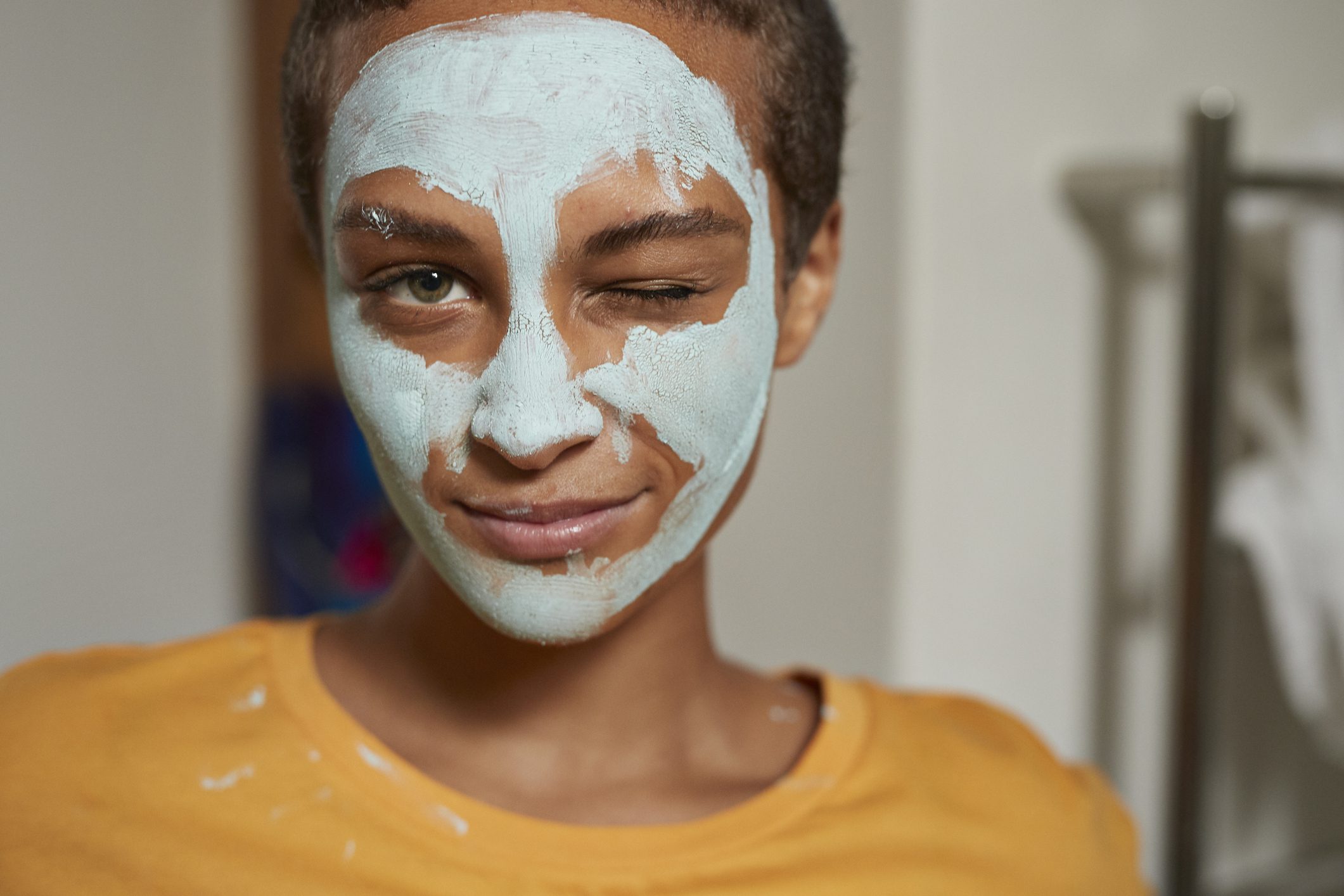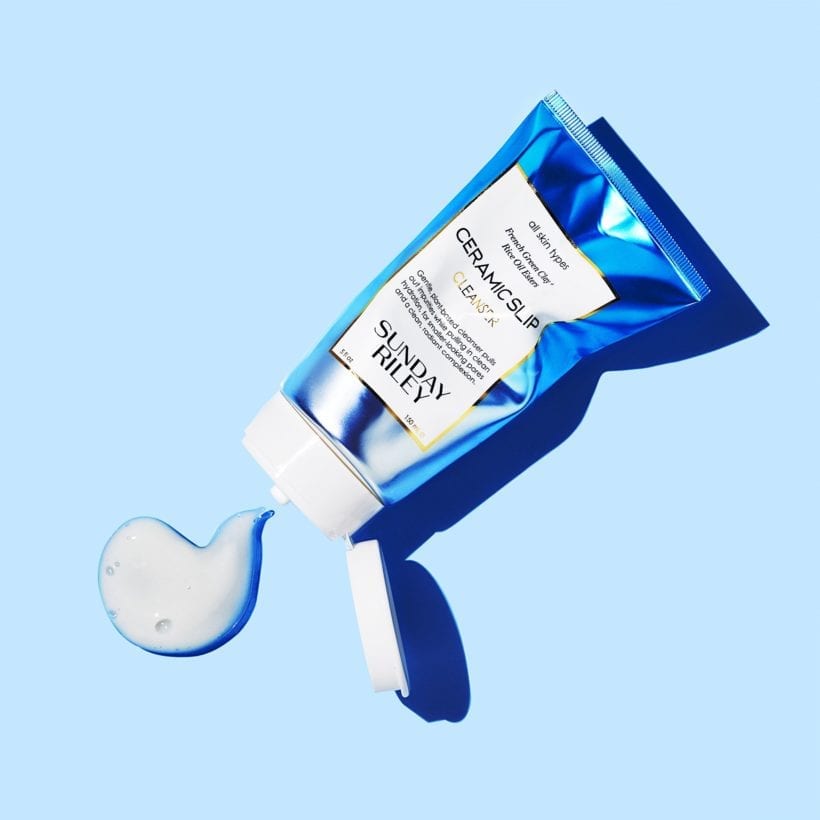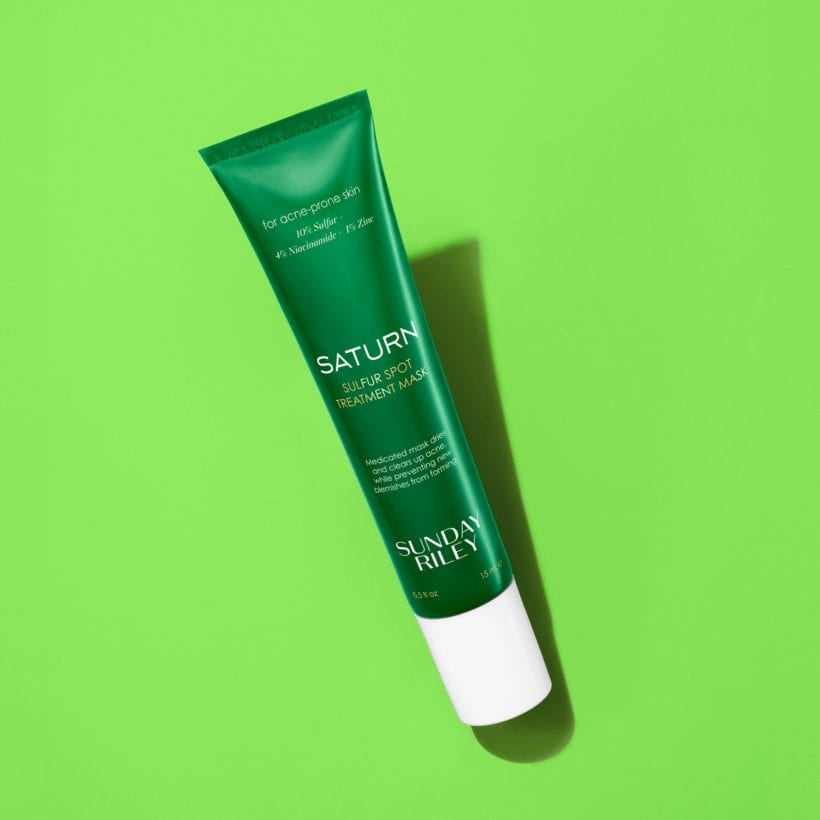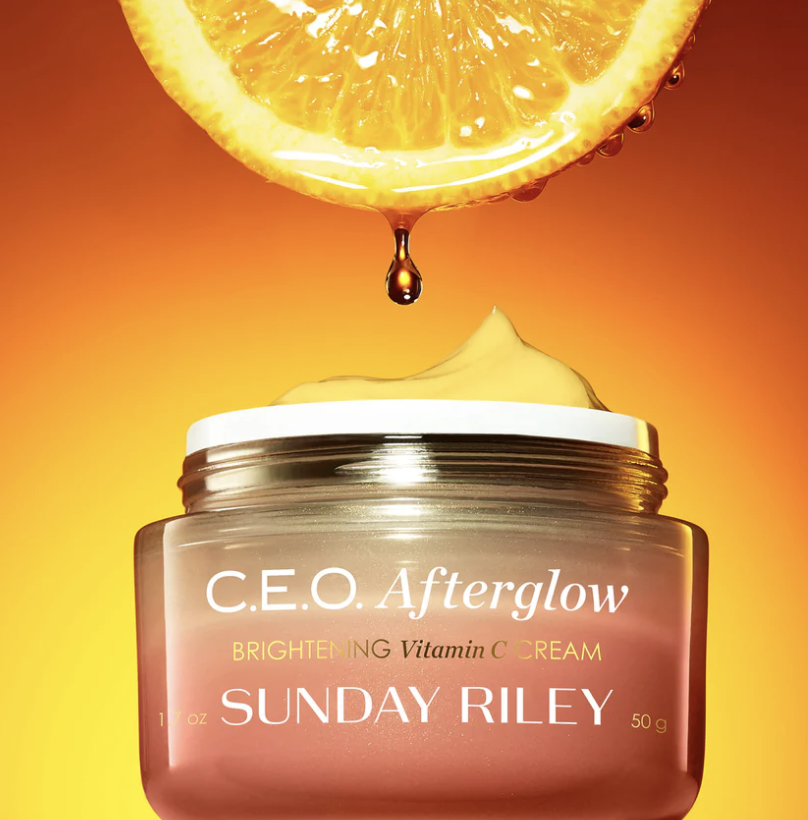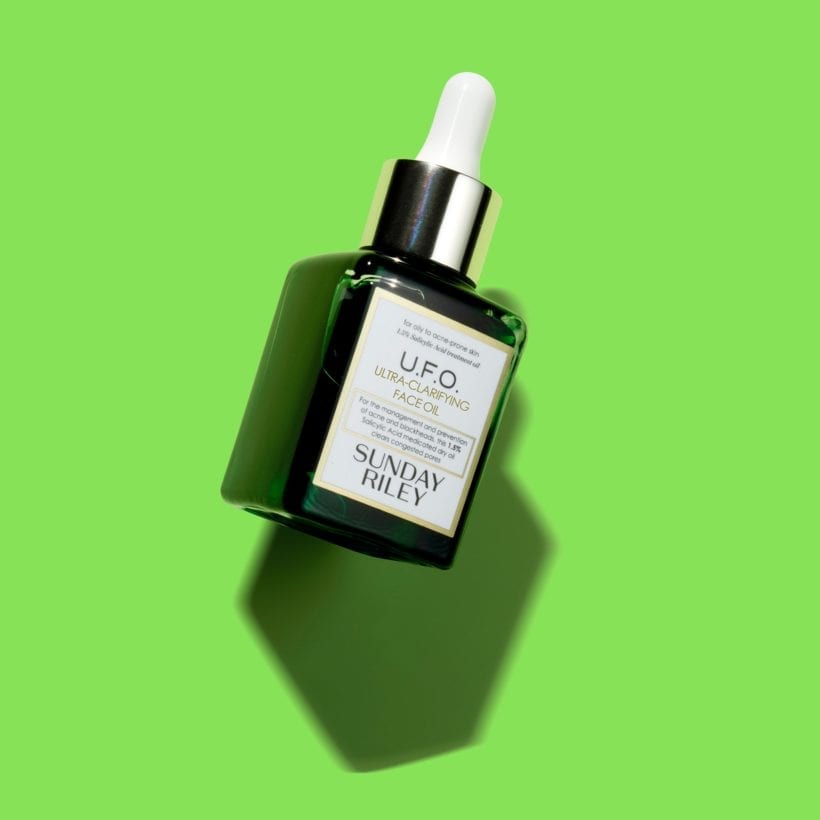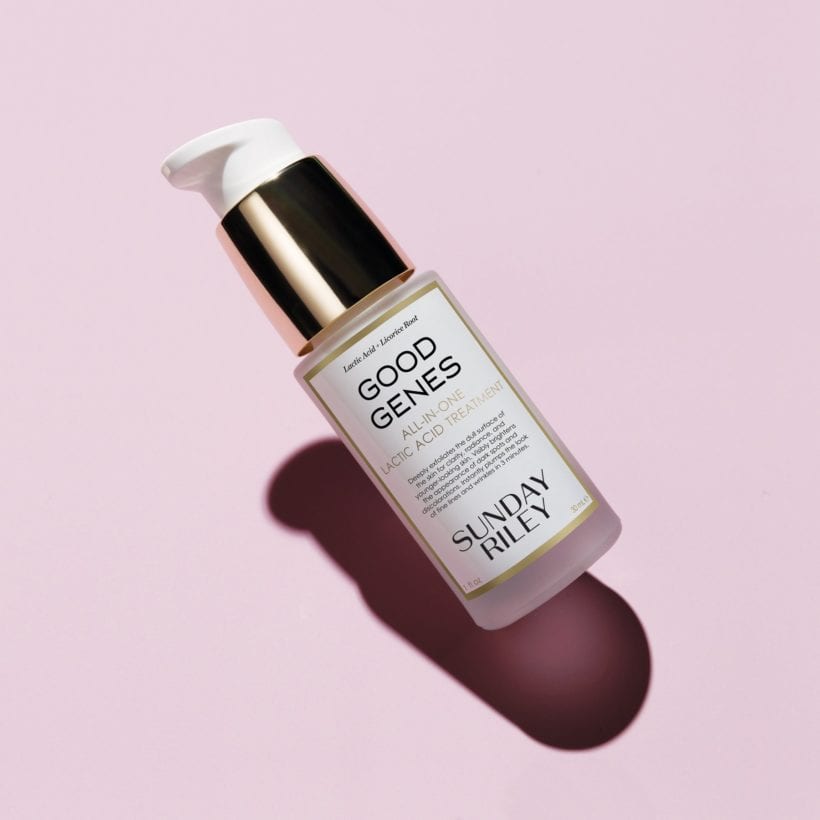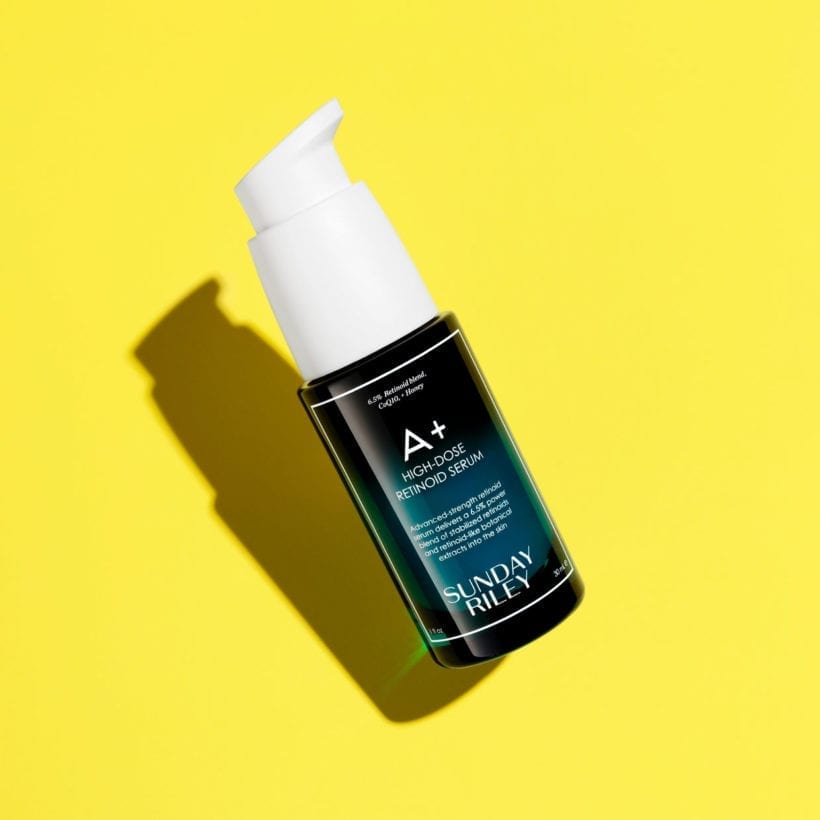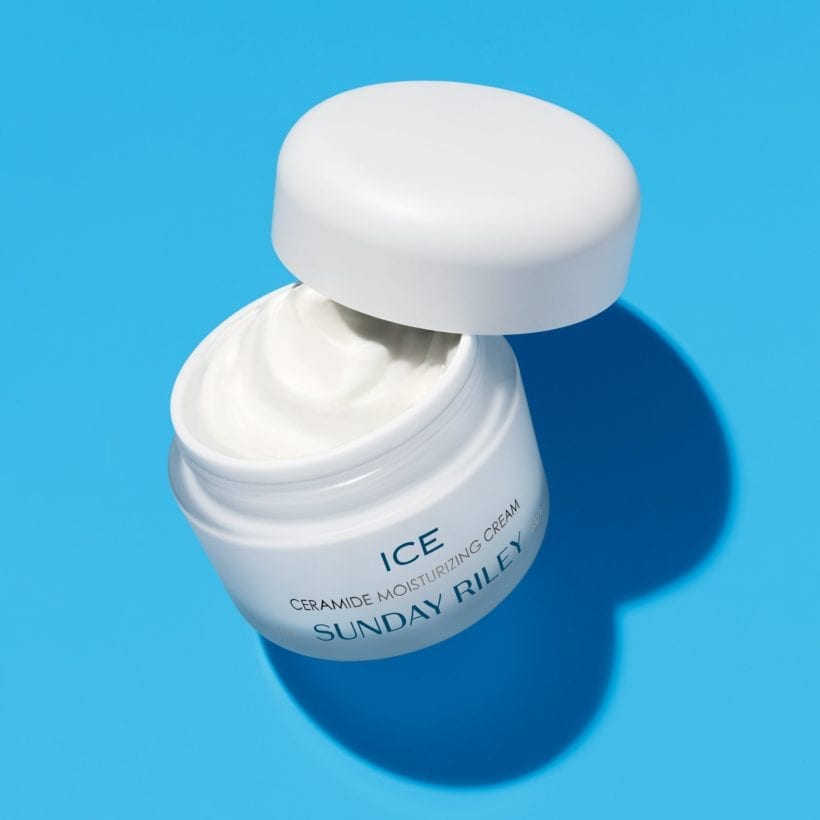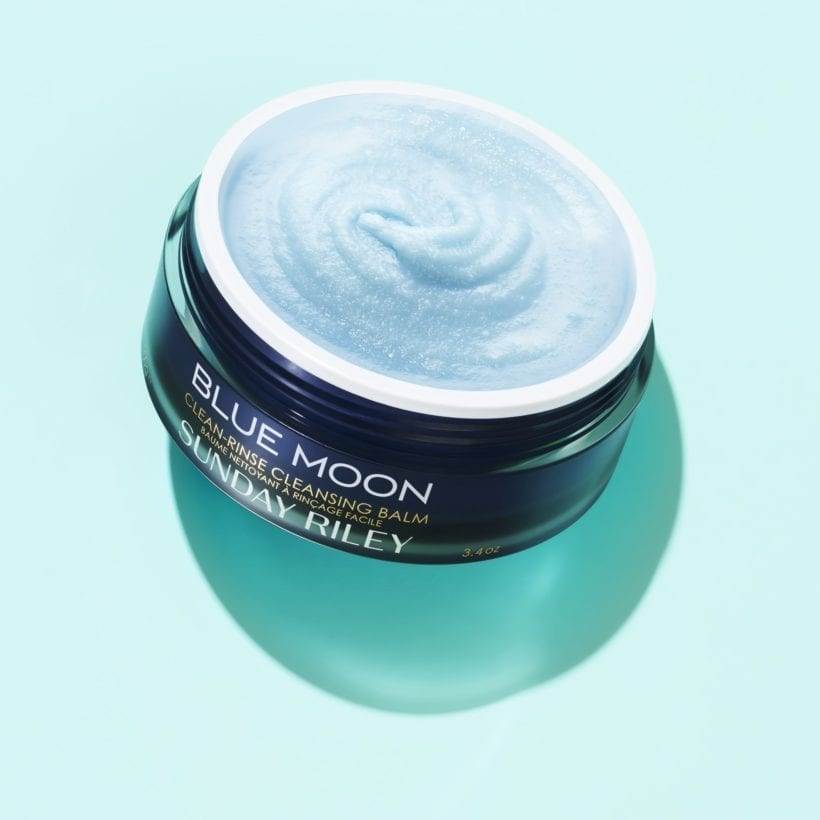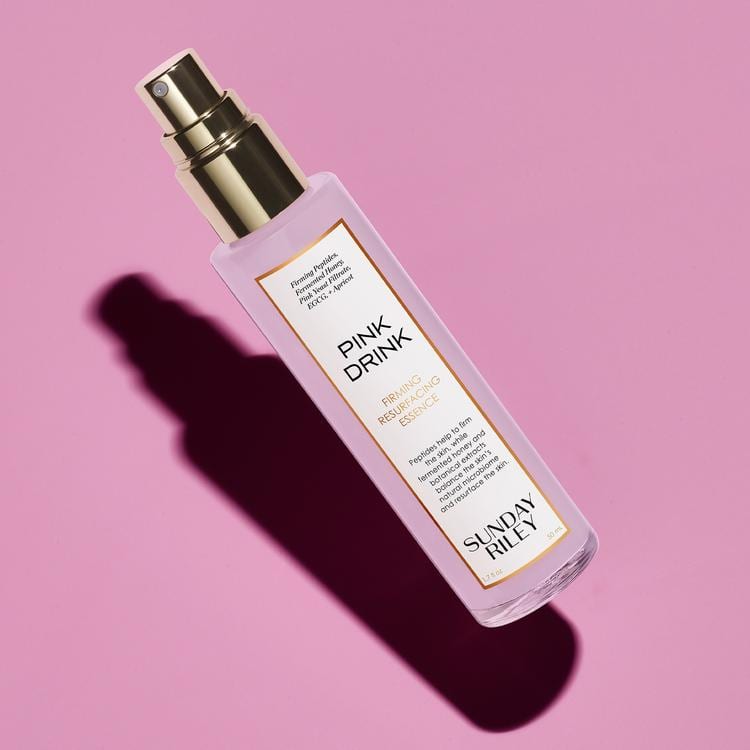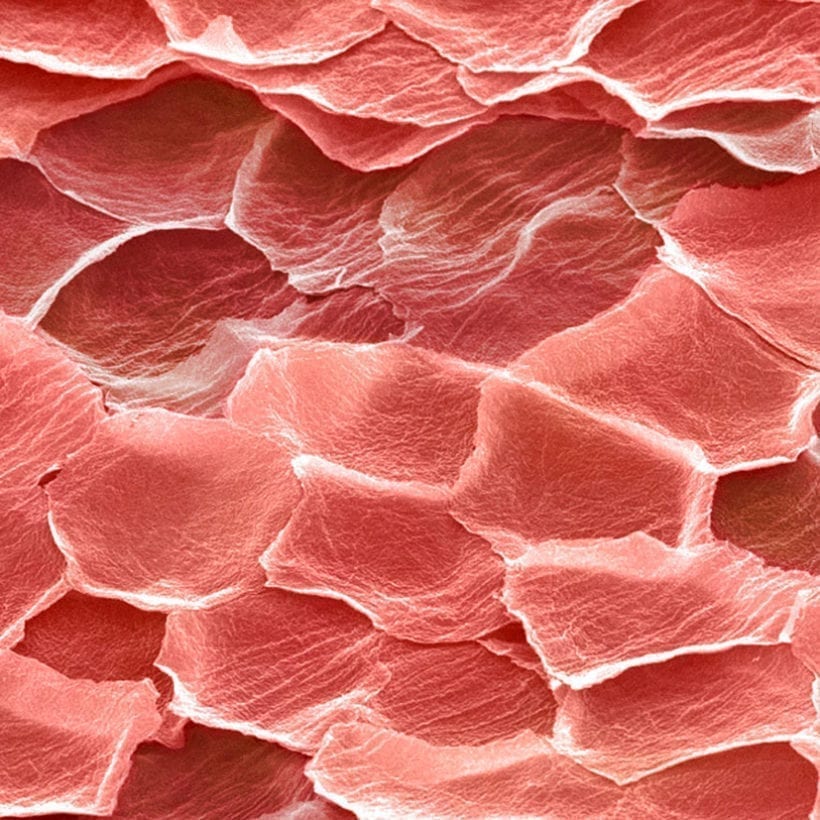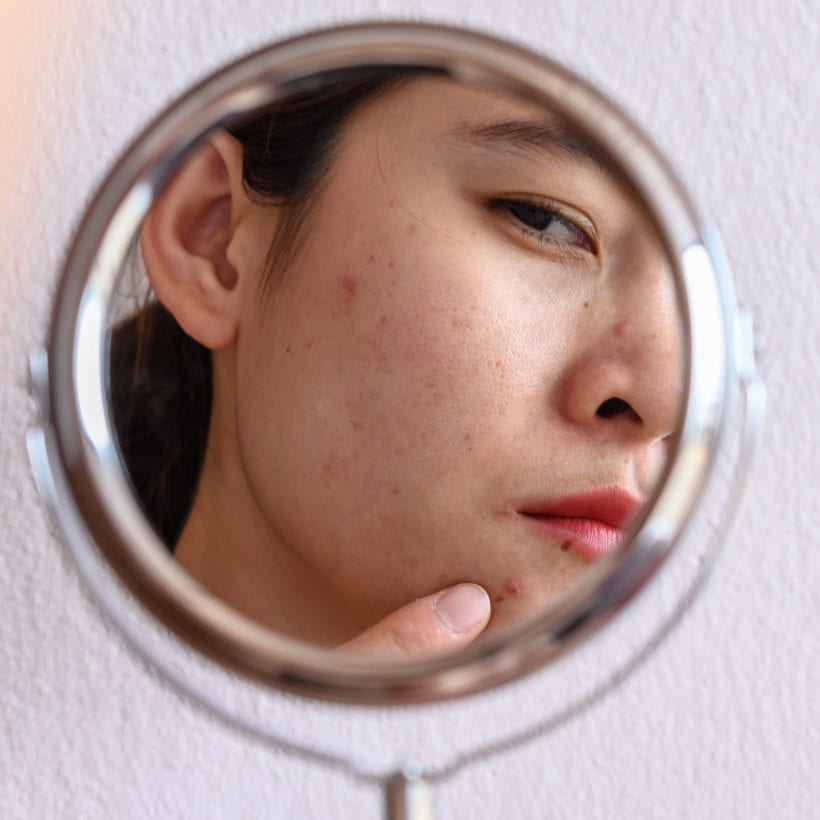There’s nothing like an onset of breakouts to stop your skincare routine (not to mention confidence) in its tracks. Maybe you’ve been sneaking in extra sweat sessions or made the mistake of going to bed with your makeup on. Or perhaps your acne remains a bit of a mystery.
We’ve certainly been there and are tapping some of our favorite derms to help you get to the bottom of your blemishes. From your significant other to your sense of style, read on as they help us break down a list of sneaky skin culprits and offer tips for keeping future flare-ups at bay.
-
Your face mask
Why it happens: If you’ve been experiencing an increase in blemishes on the lower half of your face, you’re not alone. Commonly referred to as maskne (or ‘mask mouth’), it’s another side effect of the pandemic that’s been deterring people from leaving their homes. “It arises from physical irritation to a sensitive lower face area, in addition to trapping moisture and bacteria from the mouth on the already irritated and inflamed skin,” says Julie Russak, MD, FAAD, a board-certified dermatologist and founder of the Russak Dermatology Clinic in New York.
What to do: Dr. Russak advises washing your face with a light face wash and applying a light moisturizer to the mask surface area to help keep maskne under control. “Opt for breathable cotton or silk masks that help wick away moisture, and try to take breaks from masks if possible,” adds Jenny Liu, MD, FAAD, a board-certified dermatologist and assistant professor at the University of Minnesota.
-
Your skincare routine
Why it happens: It may seem counterintuitive, but experts say a diligent (or perhaps too rigorous) skincare routine can actually work against you when it comes to acne. “This typically occurs when people use too many products, products that are harsh or irritating to their skin type, or formulas that are too heavy or pore-clogging,” explains Dr. Russak.
What to do: “Opt for an exfoliating or antimicrobial cleanser such as BHA or a formula that is benzoyl peroxide-based, applying a topical retinoid such as adapalene nightly and a chemical exfoliation once weekly,” advises Dr. Liu. She and Dr. Russak also stress the importance of focusing on skin barrier health. “A lightweight, oil-free moisturizer with niacinamide can be soothing. Avoid products that are too occlusive, limiting heavy makeup and making sure to clean your face at the end of the day,” adds Dr. Liu.
-
Your bedding
Why it happens: If you’re waking up to new blemishes, you could be sleeping on the wrong (dirty) side of the bed. “Dirt gets trapped in materials (especially harsh cotton). An allergy to certain pillow inserts can also exacerbate skin acne,” explains Dr. Russak.
What to do: Dr. Russak suggests washing sheets and pillowcases with mild non-fragrant detergent, avoiding softeners that contain phenols. “Aim for once a week if possible, especially if you wear a lot of hair products that can rub off on pillowcases and indirectly cause acne on the face,” adds Dr. Liu.
-
Your partner
Why it happens: Sorry to burst your love bubble, but a significant can wreak havoc on your skin, especially when heavy sweating or petting is involved. “Facial hair can also irritate and chafe the skin, leading to skin inflammation and acne exacerbation,” says Dr. Russak.
What to do: Try to assess what it is that’s causing your breakouts, keeping skin clean and moisturized between makeout sessions. It can also help to set a few boundaries. “You’ll want to avoid sharing personal care products/tools, makeup, and pillowcases,” suggests Dr. Liu.
-
Your clothing
Why it happens: If it isn’t your S.O., it could be your sense of style, particularly the result of dense, tight fabrics that don’t allow for proper ventilation and, as Dr. Russak points out, “turtlenecks and starch on shirt collars.”
What to do: “Remove heavy makeup before getting dressed and opt for cotton and other breathable fabrics that are loose to limit friction,” advises Dr. Liu. “And be sure to shower and wash away sweat after workouts.”
-
Your environment
Why it happens: It may also be time to look at your surroundings, as Dr. Russak points out that humidity, pollution, and water quality are among elements that can affect your skin. “Humidity and heat can worsen acne directly due to increased sebum production. Pollution and UV lead to oxidation and inflammation that can also add to inflammatory acne,” adds Dr. Liu.
What to do: Dr. Russak suggests washing the face before and after going outside to decrease oil production and inflammation. “Strengthen your own microbiome to balance bad and good bacteria to decrease inflammation,” she says. Dr. Liu points out that proper sun protection and antioxidants can also be helpful.
-
Your hormones
Why it happens: Last but certainly not least, your acne may be the result of internal factors and changes. “Hormones have direct and indirect effects on acne. They can bind to the receptors on oil glands and cause hormonal acne. Indirectly, hormonal fluctuations can increase overall inflammation in the body and therefore promote breakouts,” explains Dr. Russak.
What to do: According to Dr. Russak, diet and stress are the leading causes of acne. “Try to eat a healthy, clean diet to reduce inflammation and get a good night’s sleep,” she advises. “Hormonal acne is very common, whether new or flaring. Visit your dermatologist to discuss the best treatment plan for you,” adds Dr. Liu.
We only recommend products we have independently researched, tested, and loved. If you purchase a product found through our links, Sunday Edit may earn an affiliate commission.
